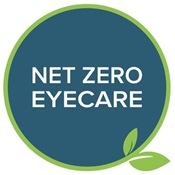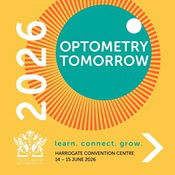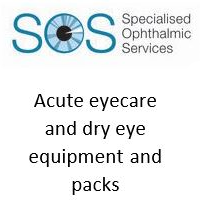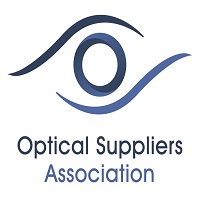Education
Webinar to discuss the ‘case’ for water avoidance in contact lens wear
Webinar to discuss the ‘case’ for water avoidance in contact lens wear
The latest BCLA webinar will examine best practice around caring for contact lenses and safeguarding against potential contamination.
The interactive online session, to be held from 7.30pm to 8.30pm on Thursday, 25th March, will be presented by Dr Nicole Carnt, Professor Fiona Stapleton and Irenie Ekkeshis and registration is now open.
As part of the session, the panel will look at the major factors that can lead to contact lens case contamination and review how those risks may be mitigated through proper hand hygiene, use of the correct contact lens disinfecting solutions and cleaning of contact lens cases.
Dr Carnt, a Scientia Fellow at UNSW, Sydney and Chair of the Australian Standards Contact Lens Committee, said: “Contact lens-related infection is a rare but severe disease and the only complication of contact lens wear to result in loss in vision. Correct hygiene practices are considered part of an initial journey into contact lens wear.
“Patient instruction should concentrate not only on wearing practices but also how to handle, clean and disinfect contact lenses. This results in optimal vision, comfort and maintenance of ocular health.”
Professor Stapleton is a clinical scientist with expertise in epidemiology and clinical research in the fields of corneal infection, dry eye and contact lens related disease.
She added: “Contact lens case contamination can be a significant risk factor for microbial keratitis. Lens case hygiene practices are important in maintaining safe contact lens wear. Many contact lens wearers are not aware that swimming and showering in lenses are established risk factors for contact lens infection.”
As an Acanthamoeba keratitis patient leader, Irenie Ekkeshis’ efforts to raise awareness of this infection and the ‘no water’ campaign have been recognised through the award of campaign of the year at the RNIB vision pioneer awards.
She said: “A ‘no water’ symbol on contact lens paraphernalia (endorsed by the BCLA) improves water avoidance and decreases contact lens case contamination. Routine aftercare appointments for contact lens wearers should review both wearing practices and compliance and include a discussion on how patients care for their contact lenses.”
To register for the session, which is worth one interactive CET point, visit the BCLA website























